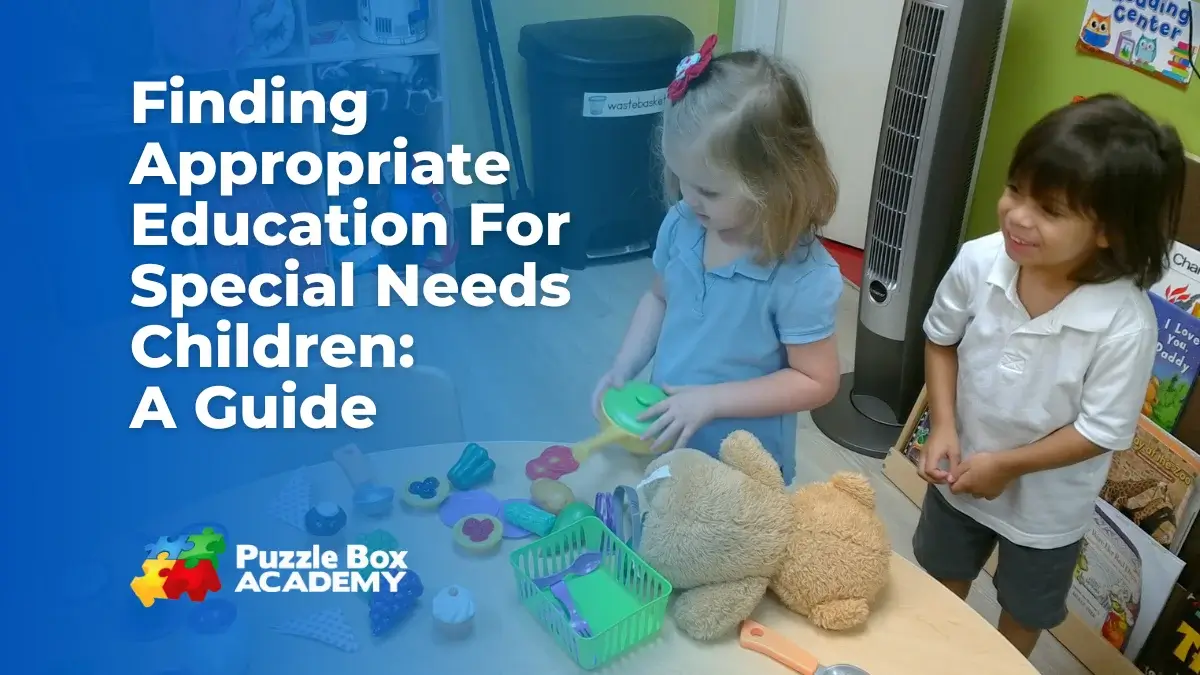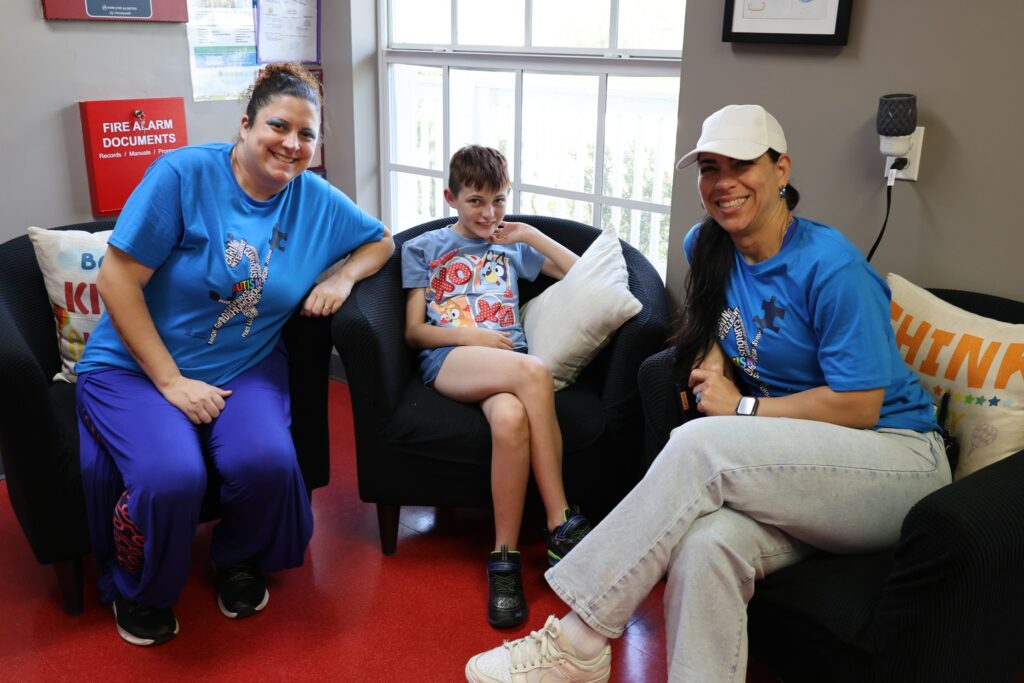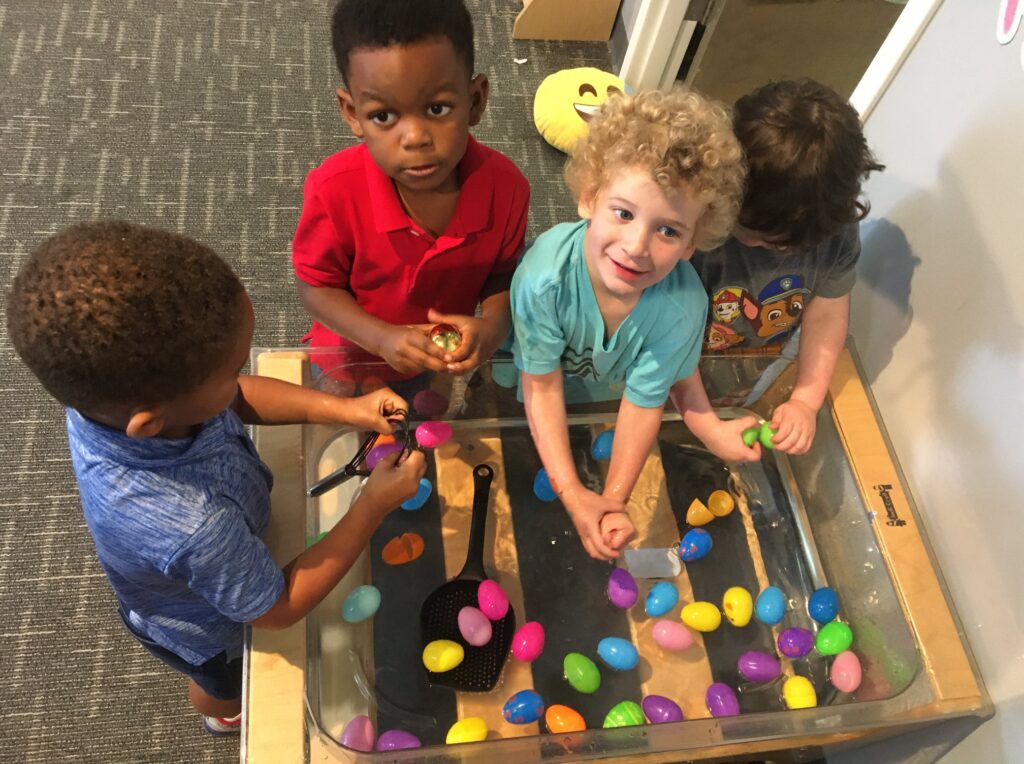Finding appropriate education for special needs children is a journey with hope, determination, and the desire to see every child thrive. As a parent, navigating the educational scene can be overwhelming, but understanding your child’s unique needs is the first step toward unlocking their potential.
At Puzzle Box Academy, every child deserves a personalized learning experience that celebrates individuality. Whether your child is on the autism spectrum, has ADHD, or faces other developmental challenges, finding a supportive and nurturing environment is crucial.
Understanding Inclusive Education for Children with Special Needs
Inclusive education for children with special needs is an educational approach that ensures every child, regardless of their abilities, learns alongside their peers in a supportive environment. This method emphasizes adapting the learning process to accommodate the unique needs of all students, promoting equality, participation, and respect. Inclusive education is essential because it fosters a sense of belonging, enhances social skills, and ensures every child receives the support they need to succeed academically and personally.
Benefits of Inclusive Education for Children with Special Needs
Inclusive education offers numerous benefits for children with special needs, including:
- Social Interaction: Children learn to interact with peers, building essential social skills.
- Academic Growth: Exposure to the same curriculum, with appropriate accommodations, encourages higher academic achievement.
- Diverse Teaching Methods: Inclusive classrooms use various teaching strategies, benefiting all students by catering to different learning styles.
- Improved Self-Esteem: Including in a mainstream classroom helps children with special needs feel valued and confident.
- Empathy and Understanding: Inclusive settings promote empathy among all students, helping them understand and appreciate differences.
How to Identify Schools Offering Inclusive Education
When searching for a school that offers inclusive education for children with special needs, consider the following factors:
- Curriculum Flexibility: Ensure the school provides a curriculum that teachers can adapt to meet the needs of all students.
- Availability of Support Services: Look for schools that offer integrated support services, such as speech and occupational therapy, within the school day.
- Qualified Educators: Teachers should be trained in inclusive education practices and committed to continuous professional development.
- Collaborative Approach: The school should involve parents, specialists, and the community in the education process, ensuring comprehensive support for each child.
- Positive Environment: A school with a culture of inclusion will have policies and practices that promote respect, diversity, and equal opportunities for all students.
By focusing on these crucial elements, you can find a school that genuinely embraces inclusive education, allowing your child to learn and grow in a nurturing environment.
Exploring Schools And Education for Special Needs Children
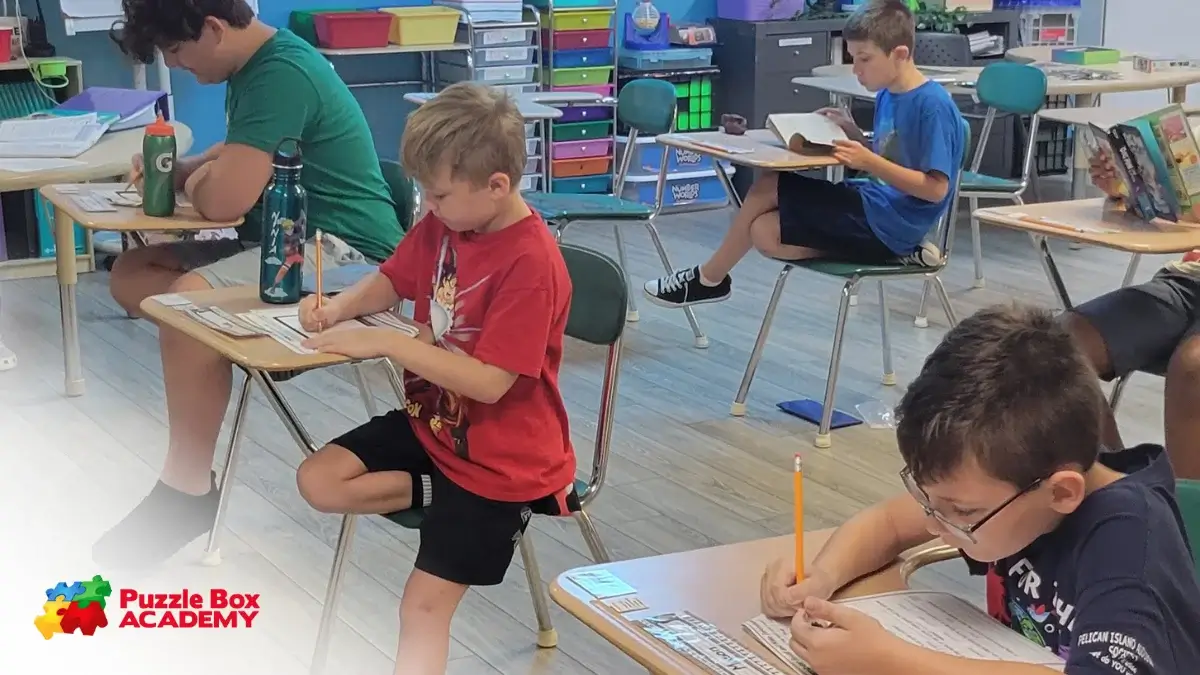
When seeking the best educational environment for a child with special needs, understanding the different types of schools available is crucial. Schools for special needs children generally fall into three categories:
- Public Schools: These schools are government-funded and must adhere to federal and state laws regarding special education. Public schools often offer various services and support, including Individualized Education Plans (IEPs) and access to special education teachers and therapists. They provide inclusive classrooms where children with special needs learn alongside their peers, with accommodations and modifications tailored to their needs.
- Private Schools: Private schools offer specialized programs for children with special needs. These schools have smaller class sizes, which allows for more individualized attention. Private schools may also offer unique therapeutic services and alternative teaching methods not available in public schools. However, they often come with higher tuition costs, and financial aid or scholarships may be necessary.
- Charter Schools: Charter schools are funded by the public but operate independently of the conventional public school system. They can offer more flexibility in their teaching methods and curriculums, benefiting children with special needs. Some charter schools focus on special education, providing specialized programs and services in a more tailored environment.
Key Aspects to Consider When Choosing a School
Selecting the right school for a child with special needs is a significant decision. Here are some key factors to consider:
- Individualized Education Plans (IEPs): Ensure the school is committed to developing and implementing a comprehensive IEP tailored to your child’s needs.
- Class Size and Teacher-Student Ratio: Smaller classes often mean more individualized attention, which can be crucial for children with special needs.
- Access to Therapies: Check if the school provides on-site therapeutic services such as speech, occupational, and behavioral therapy. These services available during school hours can significantly enhance your child’s development.
- School Culture and Environment: Visit the school to observe the environment. A positive, supportive culture that promotes inclusion and understanding is essential for a child’s well-being and growth.
- Parent Involvement: Consider how the school engages with parents. Schools that encourage active parental involvement in the educational process often provide a more supportive and effective learning environment.
Choosing the right school involves careful consideration and research. Still, by focusing on your child’s unique needs and the school’s capacity to meet those needs, you can find an educational setting where your child will flourish.
Overview of Educational Programs for Special Needs Students
Educational programs for special needs students meet these children’s diverse and unique challenges in a traditional classroom setting. The most common types of programs include:
- Self-Contained Classrooms: These classrooms are specifically designed for special needs students and provide a structured environment with specialized instruction. Teachers in these classrooms are trained in special education and work closely with a smaller group of students to address their specific needs.
- Inclusion Programs: Inclusion programs integrate special needs students into general education classrooms with their peers. With special education teachers’ support or aides’ support, these students participate in the same curriculum, with modifications and accommodations as needed.
- Resource Rooms: Resource rooms offer a space where special needs students can receive additional help with specific subjects or skills. Students may spend part of their day in a general education classroom and the resource room, receiving more focused instruction.
- Therapeutic Programs: Some schools offer programs incorporating speech, occupational, or behavioral therapy into the school day, providing holistic support that addresses academic and developmental needs.
Importance of Individualized Education Plans (IEPs)
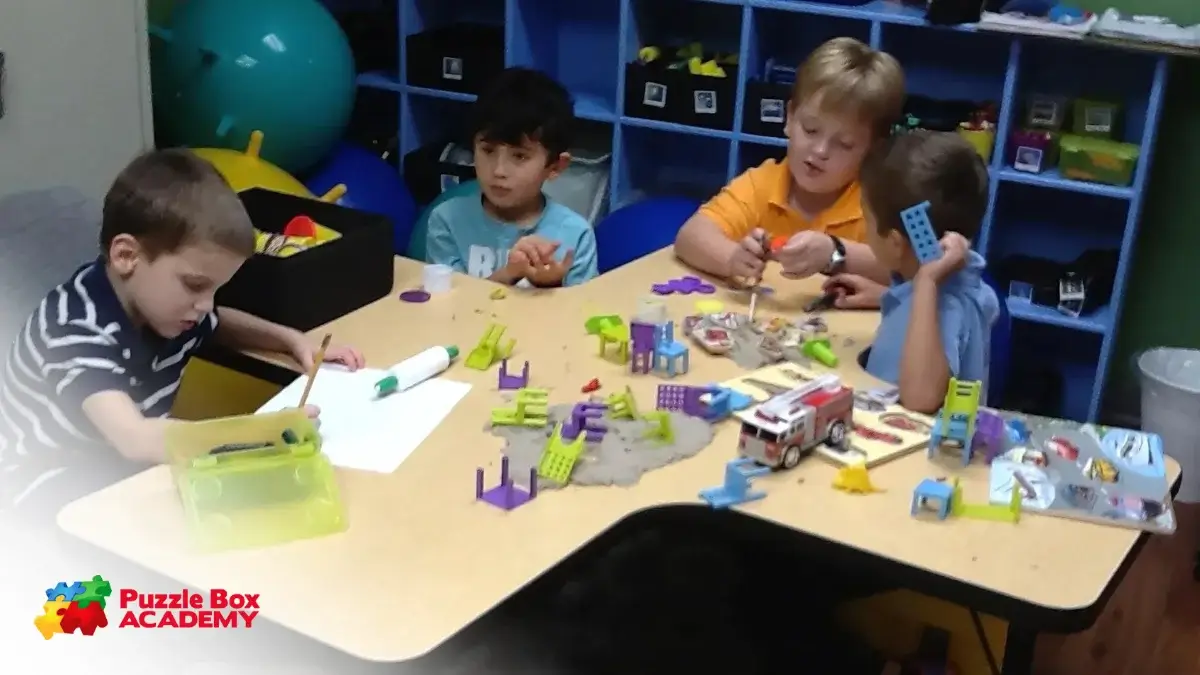
An Individualized Education Plan (IEP) is a cornerstone of special education. It’s a legally binding document that outlines a child’s specific learning requirements, the services the school will deliver, and how progress will be measured. The importance of an IEP cannot be overstated:
- Personalized Goals: IEPs set clear, measurable goals tailored to the child’s unique abilities and challenges, ensuring that educational programs are aligned with their needs.
- Support and Services: The IEP details the specific services the child will get, such as specialized instruction, speech therapy, or accommodations like extended test time.
- Collaboration: IEPs are developed collaboratively with input from parents, teachers, and specialists, ensuring a comprehensive approach to the child’s education.
How to Support Your Child’s Educational Needs
Advocating for your child’s educational needs is essential to ensure they receive the support and resources they require. Here are some steps to effectively advocate:
- Understand Your Rights: Familiarize yourself with special education regulations and laws, such as the Individuals with Disabilities Education Act (IDEA).
- Be Informed: Stay involved in your child’s education by regularly communicating with teachers and attending IEP meetings. Ask questions and request updates on your child’s progress.
- Build a Support Network: Connect with other parents, support groups, or advocacy organizations that provide guidance and resources.
- Be Persistent: If your child’s needs are unmet, ask and request additional services or accommodations. Your support can make a significant difference in your child’s educational experience.
By understanding these educational programs, the importance of IEPs, and how to advocate effectively, you can ensure your child receives the best education tailored to their unique needs.
Conclusion
Navigating the educational journey for a child with special needs can be challenging, but with the right knowledge and resources, it becomes an empowering experience. By understanding the variety of educational options available, recognizing the critical role of Individualized Education Plans (IEPs), and actively advocating for your child’s needs, you can help them thrive in a supportive, inclusive environment. Remember, every child deserves a learning space where they feel valued, understood, and capable of reaching their full potential.
At Puzzle Box Academy, we’re here to support you every step of the way. If you’re ready to explore the best educational options for your child, contact us today at Puzzle Box Academy or call our Palm Bay location at 321-345-0861. Let’s work together to ensure your child receives the education they deserve!

